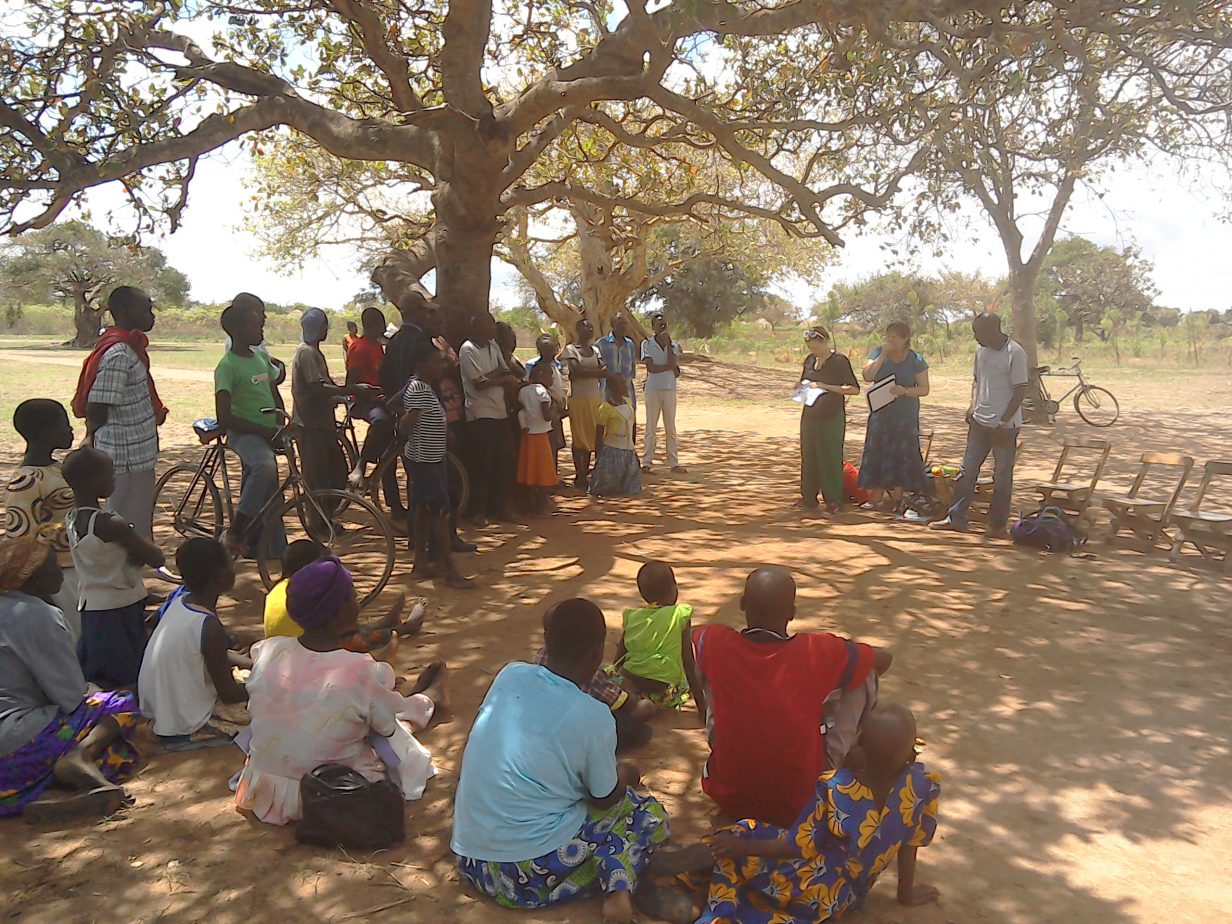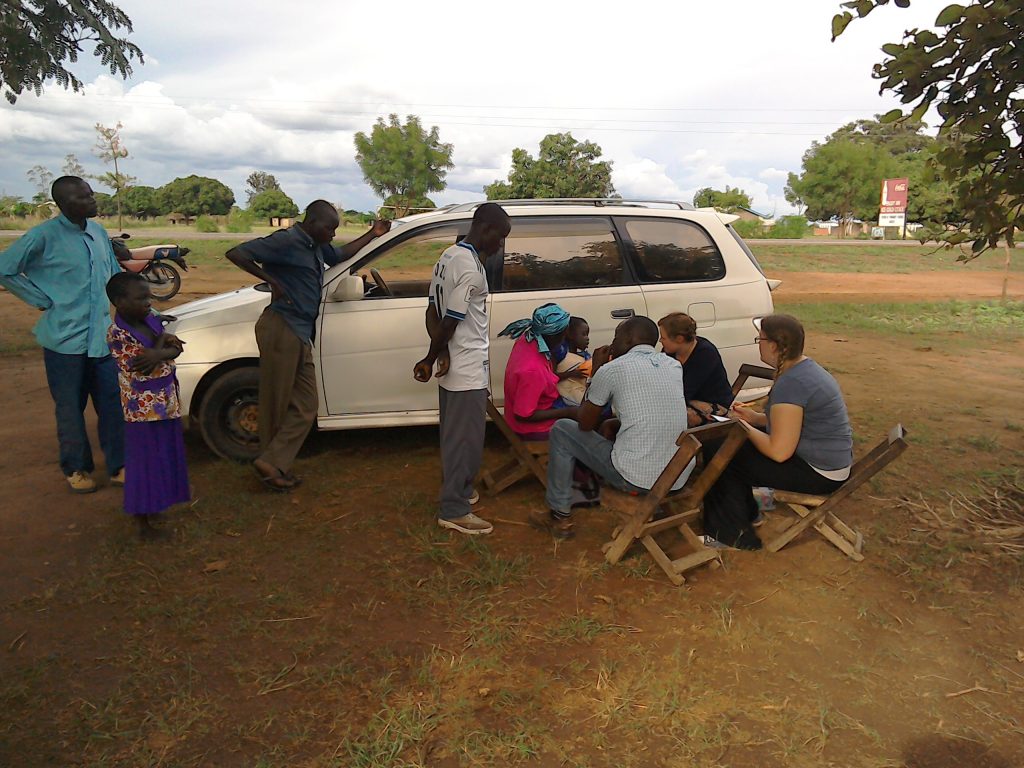
Special Needs Initiatives
As a result of our early work with Crossroads School, there was a growing awareness within the Global Challenge team that child disability and special education were areas of much need in Uganda.
In 2007 the Special Needs project was launched. A team from the UK visited Soroti including a speech and language therapist, an occupational therapist, a teacher of the hearing impaired and special needs teachers. They worked alongside local representatives to set up a range of initiatives. Over the following years, many specialists have continued to visit Soroti and this partnership continues to thrive today, but unfortunately so do the needs.
One of these initiatives is dealing with the consequences of Malaria.
Malaria is a life-threatening disease caused by parasites that are transmitted to people through the bites of infected female Anopheles mosquitoes. It is preventable and curable.
- In 2019, there were an estimated 229 million cases of malaria worldwide.
- The estimated number of malaria deaths stood at 409 000 in 2019.
- Children aged under 5 years are the most vulnerable group affected by malaria; in 2019, they accounted for 67% (274 000) of all malaria deaths worldwide.
- The WHO African Region carries a disproportionately high share of the global malaria burden. In 2019, the region was home to 94% of malaria cases and deaths. (1)
Malaria remains one of the leading health problems of the developing world, and Uganda bears a particularly large burden from the disease. Although Between 2017 and 2018, Uganda made significant strides and was able to reduce case numbers of Malaria by 1.5 million (11%), it is still has the 3rd highest global burden of malaria cases (5%) and the 7th highest level of deaths (3%). It also has the highest proportion of malaria cases in East and Southern Africa (23.7%). (2)
When children contract malaria, the preferred way of treating it in Uganda is to give an injection. Unfortunately, the way it is administered can damage the gluteal nerve in the child resulting in a muscle disorder called Gluteal Fibrosis.
This condition renders the child unable to sit, squat or crouch down. It causes problems when going to the toilet and consequently problems at school due to mobility issues.
Following clinics organised by our co-ordinator Billy, special needs teacher Peter and the Head teacher of a school in Tiriri, children are now being identified with gluteal fibrosis and are being referred to Global Challenge through Peter. This is such good progress; the Head now says that his teachers are understanding why children are late for school, why they do not interact socially and how they are in discomfort and pain.
Global Challenge are helping to fund operations that give these children back their mobility, with each operation costing approximately £100 (May 2021).
Global Challenge regularly funds surgery for a variety of children in need, sometimes necessitating long distance travel for treatment in Kampala. Children have benefited from medical intervention which has prevented limb amputation and in some cases restored their ability to walk. Young people have been found in the villages not only suffering from gluteal fibrosis but also serious bone infections such as osteomyelitis, requiring urgent attention. In such situations, Global Challenge has been able to act immediately to release funding for their surgical treatment.
(1) Cited at https://www.who.int › Newsroom › Fact sheets › Detail 11 May 2021
(2) Cited at https://www.severemalaria.org › countries › uganda /https://www.ncbi.nlm.nih.gov › articles › PMC3156969 11 May 2021


